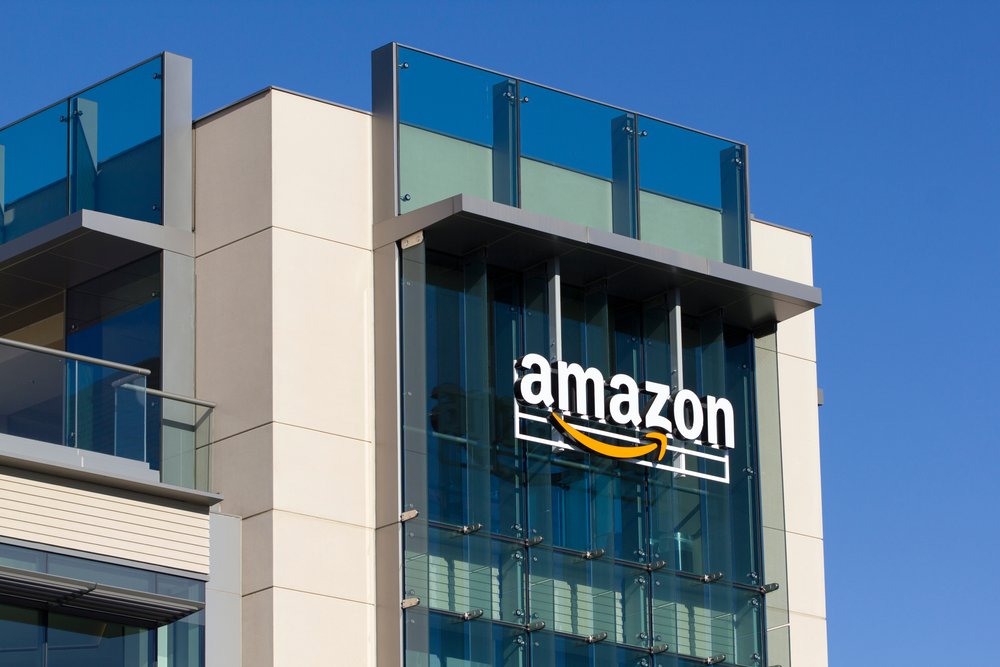Amazon banned law enforcement use of its face-recognition technology for a year, making it the latest tech giant to step back from police use of systems that have faced criticism for wrongly identifying people with darker skin.
Ongoing protests following the death of George Floyd have focused attention on racial injustice in the U.S. and how police use technology to track people.
Law enforcement agencies use facial recognition to identify suspects, but critics say it can be misused. Many U.S. cities have banned their use by police and other government agencies, led by San Francisco last year.
Noting concerns about how the technology can be used for racial profiling and mass surveillance, IBM also said it would get out of the facial recognition business.
RELATED STORY:
It’s not clear if the ban on police use includes federal law enforcement agencies.
Civil rights groups and Amazon’s employees have pushed the company to stop selling its technology, called Rekognition, to government agencies, saying that it could invade privacy and target people of color.
A study last year by a U.S. agency repeated the concerns about the technology’s flaws. The National Institute of Standards and Technology tested leading facial recognition systems — though not from Amazon, which didn’t submit its algorithms — and found that they often performed irregularly based on a person’s race, gender, or age.
RELATED STORY:
On a blog post last week, Amazon said that it hoped Congress would put stricter regulations for facial recognition in place.
With her public records search finding just two U.S. agencies using or testing Rekognition, Clare Garvie, a researcher at Georgetown University’s Center on Privacy and Technology, said:
“Amazon’s decision is an important symbolic step, but this doesn’t really change the face recognition landscape in the United States since it’s not a major player.”1
MIT researcher Joy Buolamwini led studies that found racial and gender inequalities in facial recognition software. Those findings spurred Microsoft and IBM to improve their systems but irked Amazon, which publicly attacked her research methods last year. A group of artificial intelligence scholars, including the winner of computer science’s top prize, launched a spirited defense of her work last year and called on Amazon to stop selling its facial recognition software to police.
Buolamwini called Amazon’s announcement a “welcomed though unexpected announcement, adding that “Microsoft also needs to take a stand. More importantly, our lawmakers need to step up” to rein in harmful deployments of the technologies.1
RELATED STORY:
Amazon isn’t abandoning facial recognition altogether. The company said organizations, such as those that use Rekognition to help find children who are missing or sexually exploited, will still have access to the technology.
The recent announcements by Amazon and IBM support a push by lawmakers to pass a sweeping police reform package in Congress that could include restrictions on the use of facial recognition, especially in police body cameras. Though not commonly used in the U.S., cameras that could monitor crowds and identify people in real-time have attracted bipartisan concerns.
The tech industry has fought against outright bans of facial recognition, but some companies have called for federal laws that could set guidelines for responsible use of the technology.












